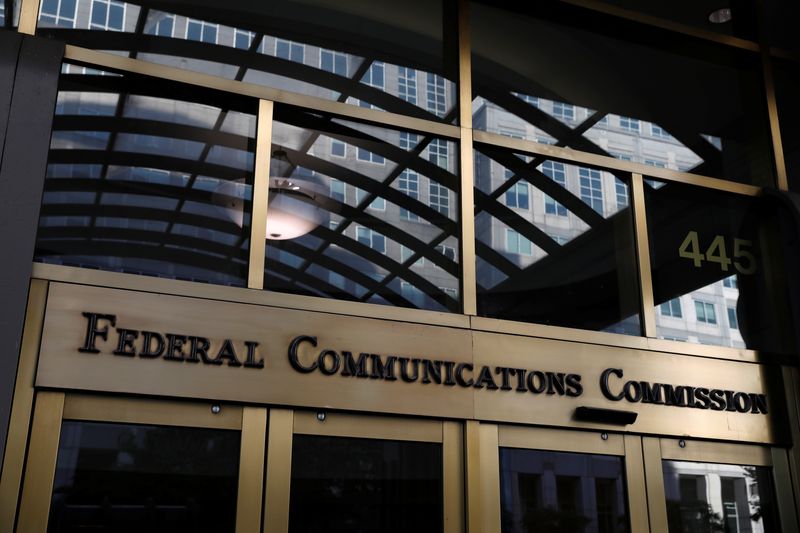The U.S. Supreme Court has agreed to hear a significant case concerning the legality of the Federal Communications Commission’s (FCC) administration of the Universal Service Fund, as authorized by Congress under the Telecommunications Act of 1996. This fund plays a critical role in maintaining and expanding access to telecommunications services across the nation, particularly for rural and low-income constituents, by drawing contributions from various telecommunications carriers, amassing nearly $9 billion annually. However, the legality of the fund is being challenged based on claims that Congress has unlawfully delegated its legislative authority to the FCC, a point at the heart of the upcoming legal deliberations that could reshape the administration of telecommunications services in the U.S.
The challenge against the FCC stems from a coalition of critics, including the conservative nonprofit Consumers’ Research, which argues that the agency’s management of the fund infringes upon the Constitution by improperly transferring Congress’s revenue-raising powers to an independent federal agency. The critics further assert that the FCC has illogically delegated its authority to a private nonprofit entity known as the Universal Service Administrative Company, which helps facilitate the fund’s operations. These arguments impinge upon the non-delegation doctrine, a legal principle asserting that Congress cannot pass on its legislative responsibilities to other entities, thereby highlighting a potential conflict in how federal regulations are structured and implemented.
In examining the case, the Supreme Court will specifically review a recent ruling from the 5th U.S. Circuit Court of Appeals, which deemed the existing funding structure unconstitutional. The involvement of the justices could set a precedent not only for the future of the Universal Service Fund but also for the broader authority of independent federal agencies that have historically operated with certain degrees of autonomy granted by legislative bodies. With this ruling in question, the Supreme Court’s decision will likely have substantial implications for the regulatory landscape of telecommunications in the U.S.
Several telecommunications industry groups have expressed their support for the FCC, stressing that the continued operation of the Universal Service Fund is vital for providing necessary services to underserved populations, including rural residents and low-income families. They argue that the legal challenges, if upheld, could dismantle longstanding programs that have been instrumental in ensuring equitable access to telecommunications across the nation. The Rural Broadband Association, Competitive Carriers Association, and other industry representatives have rallied behind the FCC’s appeal, conveying their hope that the Supreme Court will recognize and sustain the critical nature of the services funded by the Universal Service Fund.
It’s noteworthy that the Supreme Court has been increasingly cautious about the authority employed by federal regulatory agencies in recent years, which may skew the decision-making process in this case. However, the justices have yet to respond to other appeals related to the constitutionality of the funding arrangements, hinting at a complex legal interplay that underlines the court’s approach to similar cases. This scrutiny could result in a narrower interpretation of the delegation of powers and responsibilities between Congress and independent agencies, potentially influencing future legislative and regulatory efforts.
As the Supreme Court prepares for arguments in this pivotal case, it will be scrutinized not only by legal experts but also by industry stakeholders and community advocates who rely on the benefits provided by the Universal Service Fund. The court’s eventual ruling is expected to clarify the balance of power between Congress and independent agencies like the FCC and may redefine the boundaries of regulatory authority in the telecommunications sector, setting a significant precedent for future governance and legislative action concerning federal agencies’ operational autonomy.

